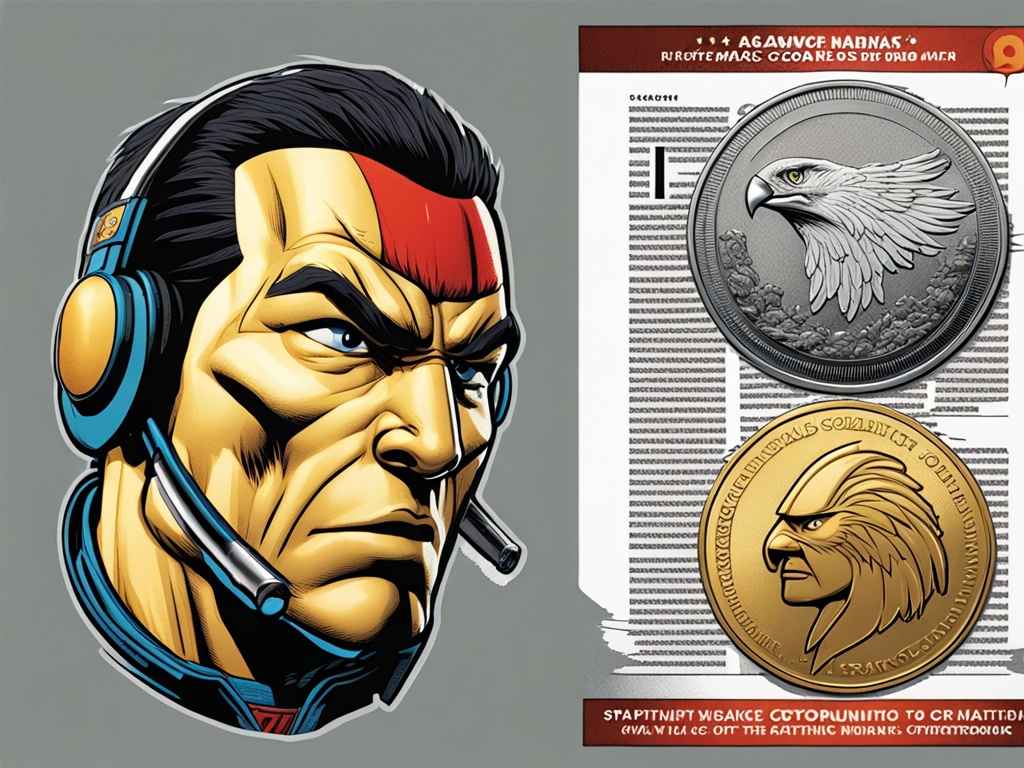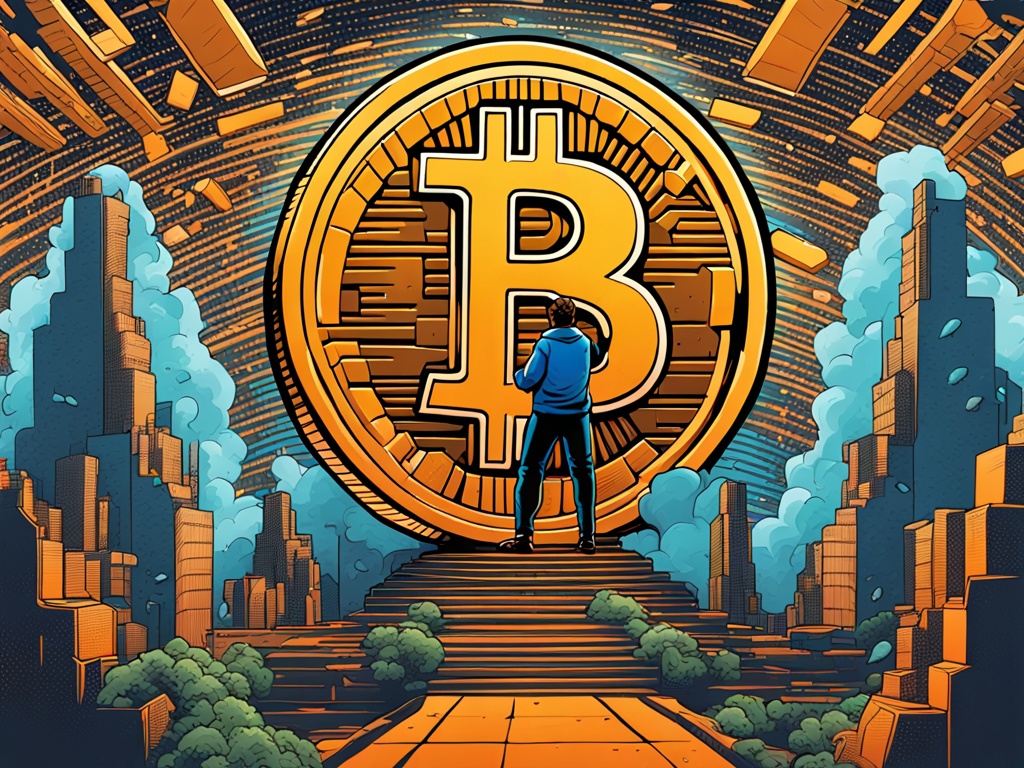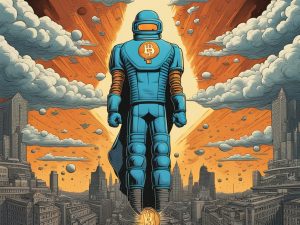Have You Ever Bought Into a Meme Coin Just to Watch Your Investment Disappear?
Picture this: You’ve just heard about this new meme coin, Hawk Tuah, that’s making waves on social media, and like many others, you think, “Why not jump on the bandwagon?” It feels like a golden opportunity, right? But then, boom! The coin crashes 93% in value within hours, and all those dreams of a profitable payday dissolve quicker than a Snapchat filter. Let’s talk about what this situation means for the crypto market and why it’s crucial to stay informed before diving in.
Key Takeaways
- The Hawk Tuah meme coin faced a staggering 93% drop after its launch.
- A U.S. federal lawsuit has been filed against its creators by affected investors.
- The situation highlights the legal and reputational risks associated with influencer-endorsed cryptocurrencies.
- It’s a stark reminder of the volatile nature of meme coins, often characterized by pump-and-dump schemes.
The Rise and Fall of Hawk Tuah
So, let’s get into the nitty-gritty of this whole Hawk Tuah mess. It’s not just another meme coin; it’s a textbook case of how influencer culture and the crypto world can collide in disastrous ways. Our protagonist here? The infamous Haliey Welch, known as the “Hawk Tuah girl.” She was the face behind this token, which somehow went from a $490 million market cap to a mere $7.7 million in just a few days. Like, ouch!
Right after its launch, allegations of a rug pull, where creators abandon the project taking investors’ money with them, surfaced. A lot of wallets were holding a suspiciously high percentage of the coin supply, leading to further suspicion and, you guessed it—the classic selling spree.
The Legal Fallout
Imagine being one of the unlucky 12 American plaintiffs who are now part of a federal lawsuit claiming losses totaling over $151,000. It feels like being thrown into a bad movie, doesn’t it? This lawsuit is making waves in the industry, highlighting the risks of influencer-backed projects, which are often marketed as quick ways to make money. I mean, how many times have we all seen celebrities casually shill some random coin on Twitter? It’s like the Wild West of finance but with memes and hashtags.
Crypto attorney Carlo D’Angelo mentioned this lawsuit as no surprise at all. He commented, “For celebrities and influencers, the lawsuit serves as a stark reminder that lending one’s name and brand to cryptocurrency projects carries significant legal and reputational risks.” This situation is like a wake-up call—investing in crypto isn’t just about numbers; it’s also about trust, and trust can evaporate in seconds.
Practical Tips for Potential Investors
Alright, so how do you avoid the pitfalls that folks like the Hawk Tuah investors fell into? Here are some practical tips:
-
Do Your Research: Before investing in any crypto, especially meme coins, dig deep. Look into the team behind the project, their previous work, and the coin’s purpose. If it seems like a quick cash grab, it probably is.
-
Understand the Risks: The volatility of the crypto market is no joke. You need to be prepared for price swings that can make your stomach churn.
-
Consider Legal Standing: If a coin is making large claims without clear regulations, be skeptical. Regulatory action is growing, and the last thing you want is to be caught up in potential legal issues.
-
Diversification is Key: Don’t put all your eggs in one basket. Spread your investments across different assets to mitigate risk.
- Trust Your Instincts: If something feels off, trust that gut feeling. Sometimes it’s better to sit back and watch rather than rushing in.
Final Thoughts
At the end of the day, the Hawk Tuah saga is more than just an isolated incident; it highlights the broader issues in the crypto market, especially relating to hype, celebrity endorsements, and the legality of new projects. It’s a reminder that not every shiny new coin is a surefire path to wealth. It’s a risky game, and you need to be alert.
What are your thoughts on the increasing intersection of influencer culture and cryptocurrency? Will this make investors more cautious, or are people still going to chase the next big meme coin? Just something to ponder on as you navigate the wild world of crypto.





 By
By
 By
By
 By
By
 By
By
